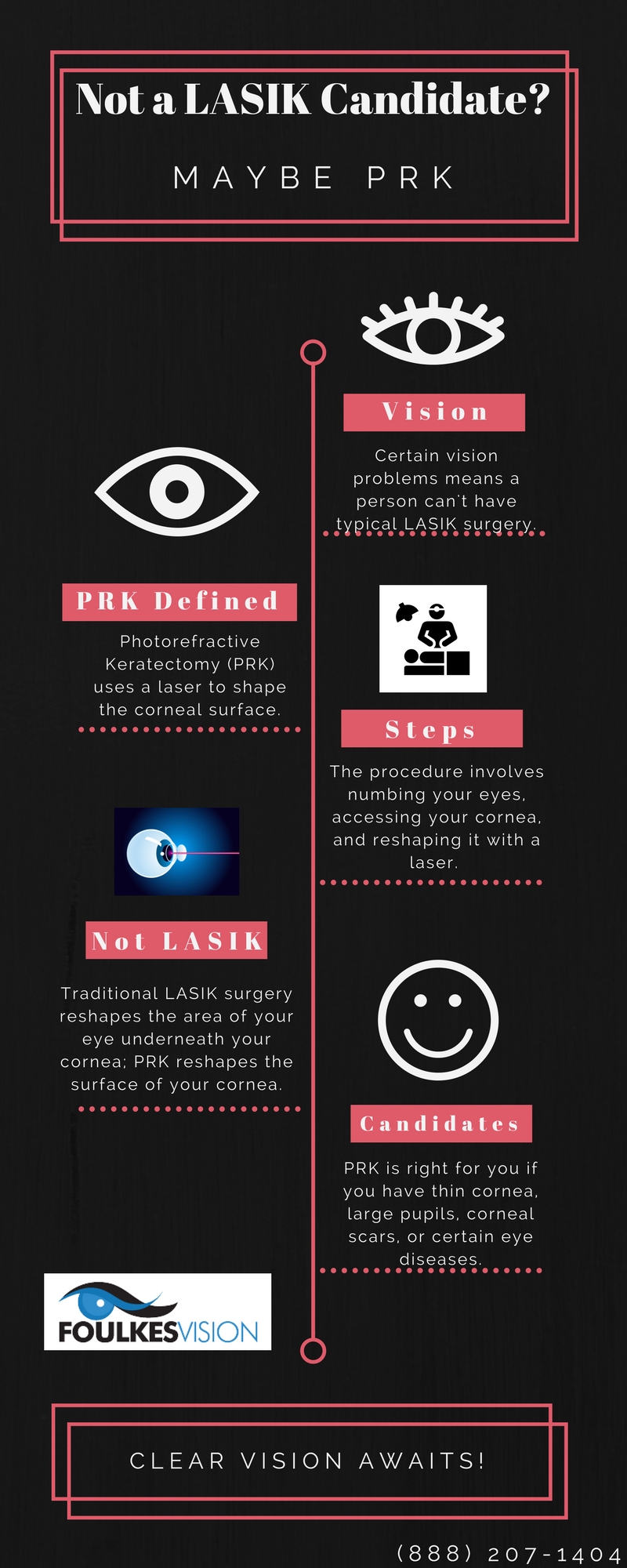The Extensive FAQ On Refractive Lens Exchange: Vital Information You Need To Know
The Extensive FAQ On Refractive Lens Exchange: Vital Information You Need To Know
Blog Article
Written By-Valencia Eskesen
If you're taking into consideration refractive lens exchange, you possibly have a lot of inquiries. This procedure might alter exactly how you see the world, offering advantages like reduced dependancy on glasses. Nonetheless, it's vital to recognize the process, threats, and that qualifies as an excellent candidate. Let's check out these important facets so you can make an educated choice regarding whether RLE is right for you.
What Is Refractive Lens Exchange and How Does It Function?
Refractive lens exchange (RLE) is a surgical procedure developed to change your eye's natural lens with a man-made one, remedying vision issues like nearsightedness, farsightedness, or presbyopia.
Throughout the treatment, your surgeon makes a tiny incision in the eye, removes your all-natural lens, and inserts an intraocular lens (IOL) tailored to your vision requires. This outpatient surgical treatment usually takes about 15 to thirty minutes per eye and is performed under neighborhood anesthetic.
You'll likely observe improvements in your vision almost quickly, though complete healing might take a few weeks. RLE is particularly valuable for those over 40 or with high prescriptions, offering a resilient remedy compared to glasses or get in touch with lenses.
Your eye care professional can assist determine if RLE is right for you.
What Are the Advantages and Risks of Refractive Lens Exchange?
Selecting refractive lens exchange can result in considerable improvements in your vision, but it's important to evaluate both the advantages and risks before making a decision.
On the plus side, this procedure can improve your vision by fixing problems like presbyopia, nearsightedness, and hyperopia. Many clients take pleasure in minimized dependancy on glasses or contact lenses, which can significantly enhance their lifestyle.
Nevertheless, it's vital to consider prospective threats. Complications can include infection, glare, or halos around lights.
There's additionally an opportunity of overcorrection or undercorrection, which might call for added procedures.
Who Is an Ideal Prospect for Refractive Lens Exchange?
If you're considering refractive lens exchange, it is necessary to know whether you fit the profile of a perfect candidate. Generally, you may be an excellent candidate if you more than 40, experience presbyopia, or have high levels of nearsightedness or farsightedness.
It's likewise essential that your vision is secure, implying your prescription hasn't altered considerably in the past year. If you have cataracts or other eye problems, you could benefit from this treatment too.
However, specific aspects, like unchecked diabetic issues or autoimmune diseases, can disqualify you. To determine https://www.medicalnewstoday.com/articles/myopia , speak with an eye care specialist who can assess your details situation and recommend the best strategy customized to your requirements.
Where To Get LASIK , refractive lens exchange can be a transformative alternative for improving your vision, particularly if you're over 40 or have a high prescription. While the advantages are substantial, it's essential to evaluate the risks and speak with your eye treatment specialist to figure out if you're an ideal candidate. With the best info and support, you can make a notified choice and possibly take pleasure in a life with decreased dependancy on glasses.
